The Cons of Being Cash Only

News
 For some small businesses, it might be hard to see the benefits of accepting credit cards – especially if they’ve been a cash only business since opening. However, there is a big downside to being cash only and you could really be limiting the customers you bring in.
For some small businesses, it might be hard to see the benefits of accepting credit cards – especially if they’ve been a cash only business since opening. However, there is a big downside to being cash only and you could really be limiting the customers you bring in.
While it is true that cash is the simplest form of payment, it’s not always the best for small businesses. Here are some cons to accepting only cash, according to the U.S. Small Business Administration (SBA):
- If your customers do not have enough cash to purchase an item they want from your business, they are more likely to walk away from a purchase that they would otherwise make.
- Keeping a large sum of cash at your business can put you at increased risk for break-ins and thefts. It can also increase the amount of time you will spend at your business managing finances.
- Credit cards and debit cards are incredibly popular today, and most people only carry a small amount of cash. Because of this, being cash only can cause your business to lose customers. A cash only policy can make potential customers feel inconvenienced and cause them to take their business elsewhere – perhaps to a rival business that sells similar items.
- Being cash only could mean additional paperwork come tax time. According to the SBA, the IRS requires businesses that receive more than $10,000 in cash from one buyer in a single transaction, or two or more related transactions, to file a Form 8300. The same rule also applies to cash equivalents likes traveler’s checks, bank drafts, cashier’s checks and money orders. The form requires that you have your customer’s name, address and social security number.
To learn more about the advantages of accepting credit cards, visit www.payanywhere.com.
Related Reading
Start your Payanywhere account.
Start your Payanywhere account.
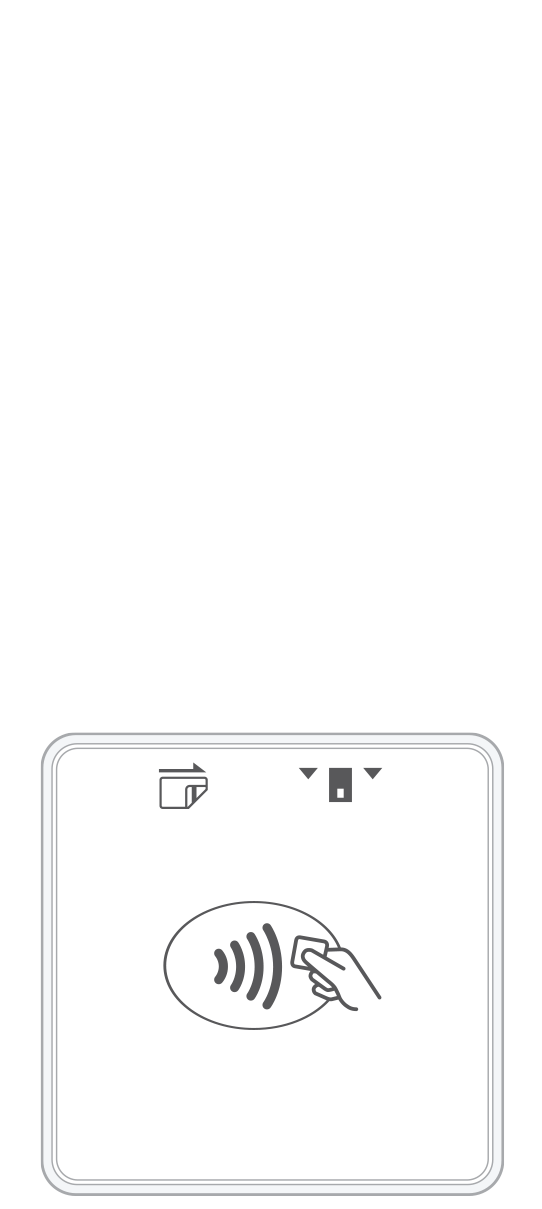 3-in-1 Reader | 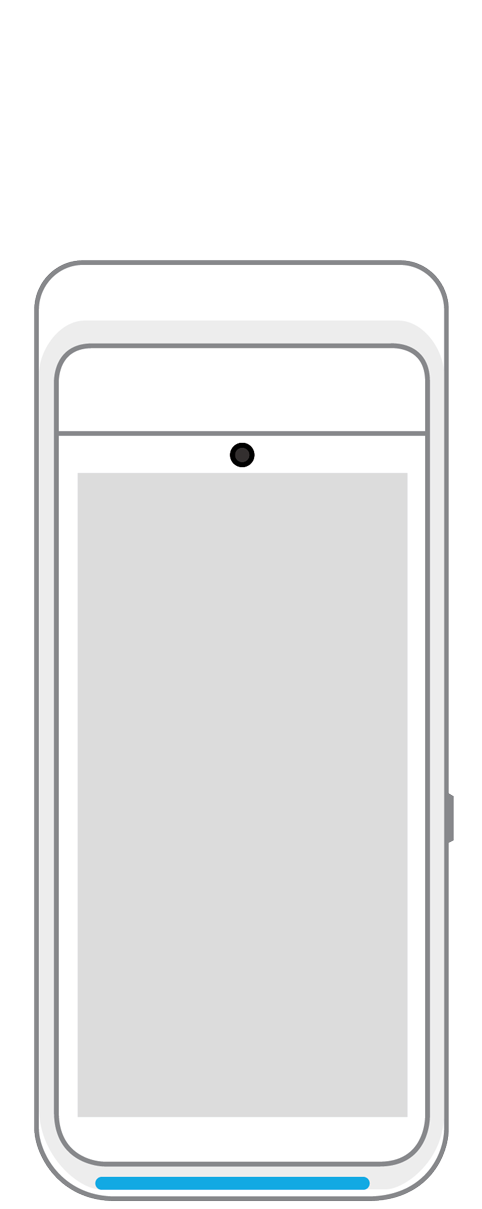 Terminal | 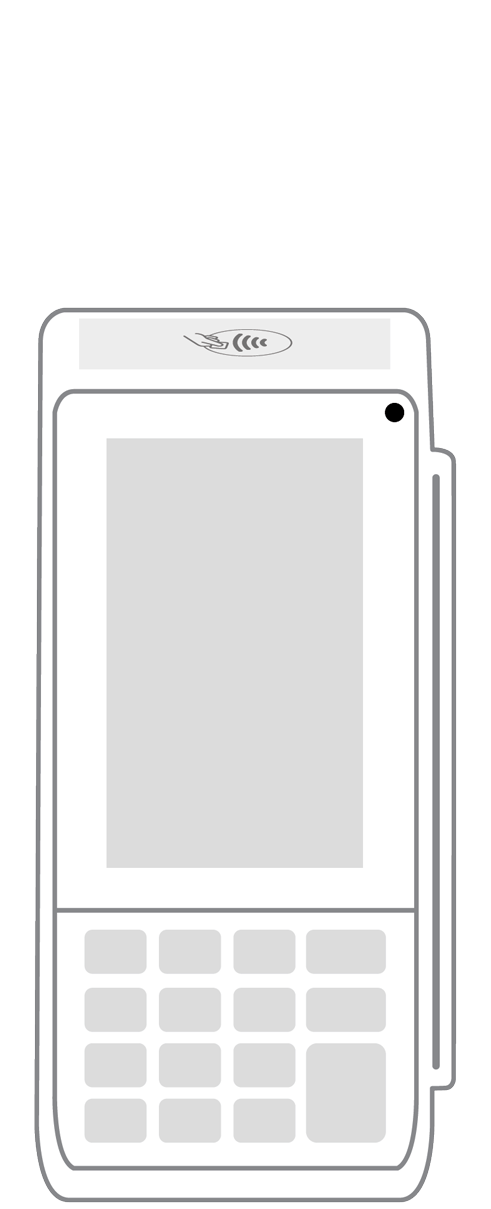 Keypad | 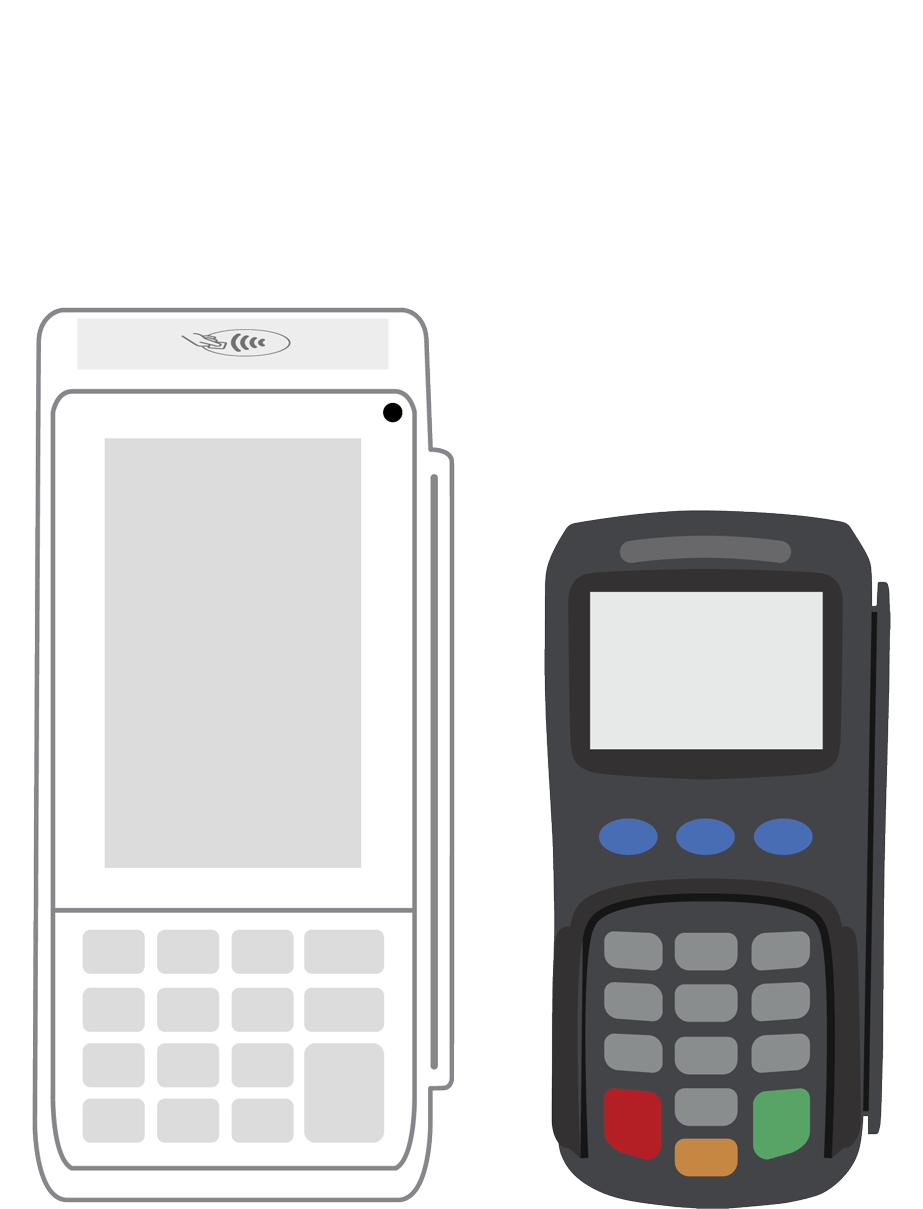 PINPad Pro | 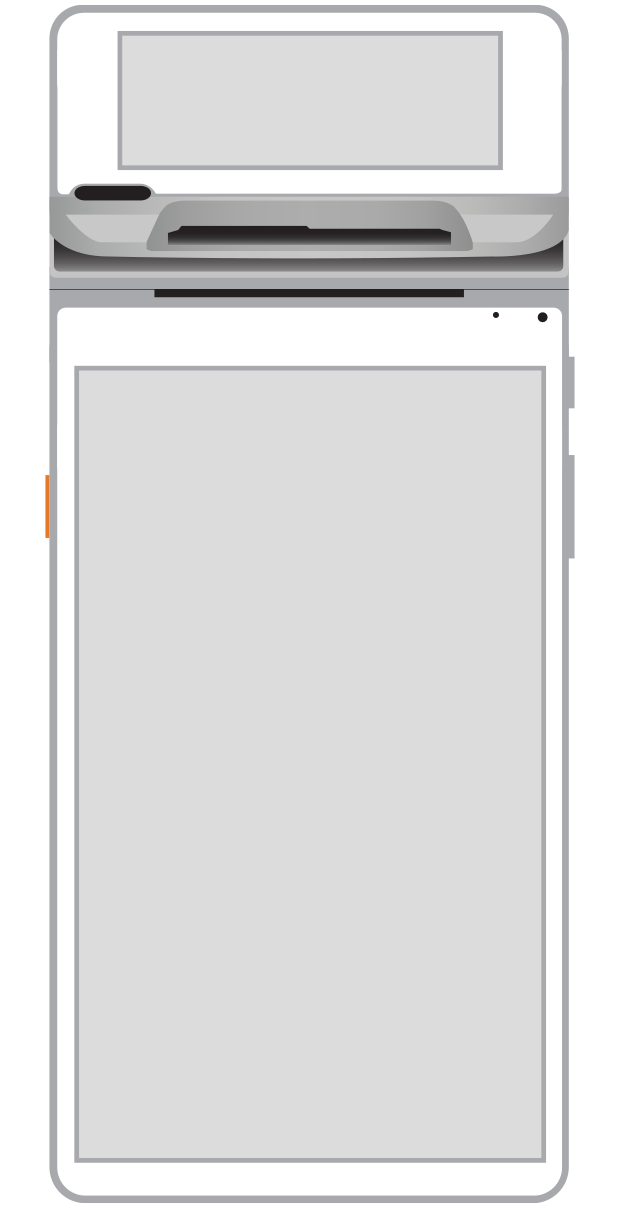 Flex | 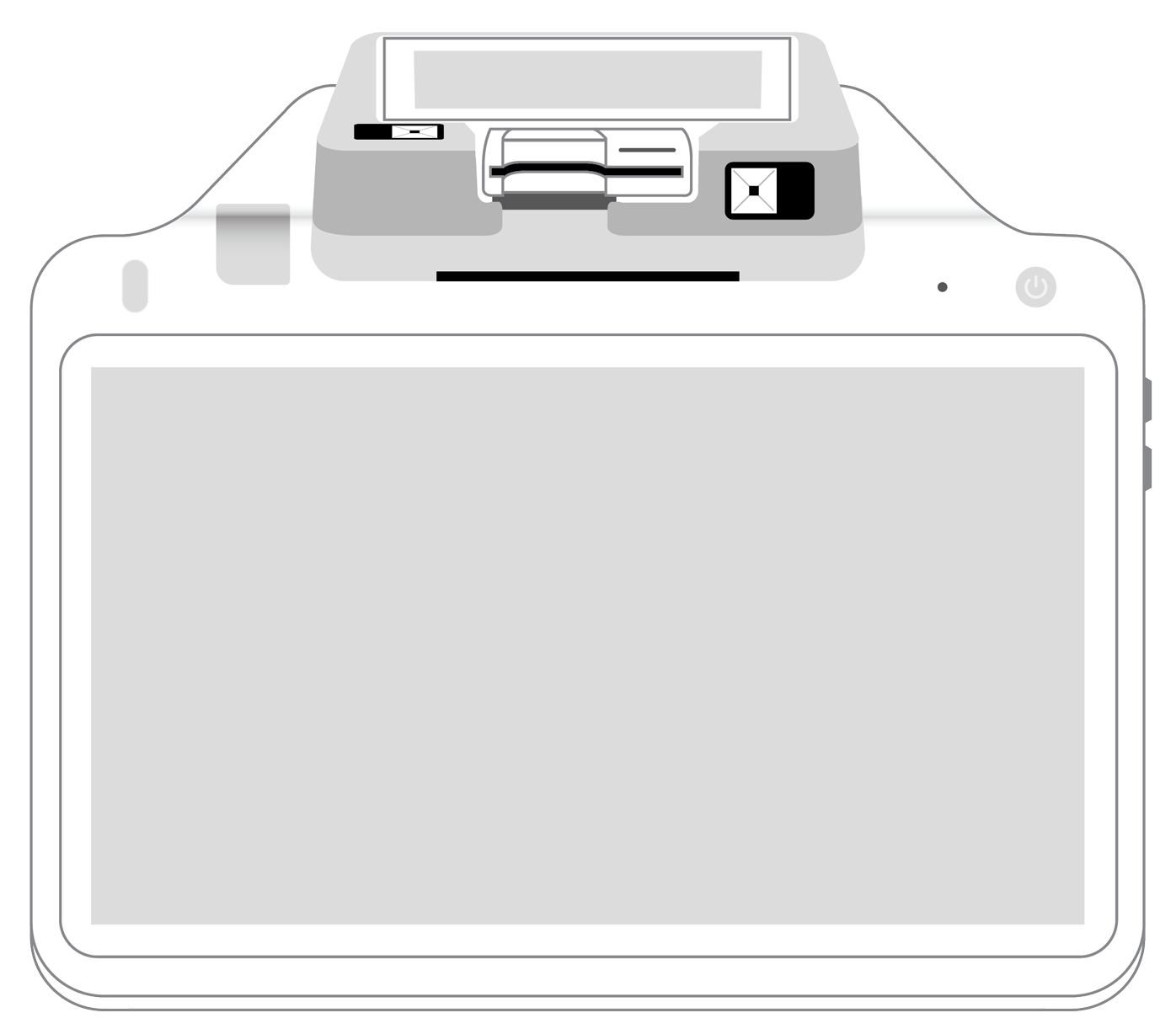 POS+ | |
|---|---|---|---|---|---|---|
Payment types | ||||||
EMV chip card payments (dip) | ||||||
Contactless payments (tap) | ||||||
Magstripe payments (swipe) | ||||||
PIN debit + EBT | ||||||
Device features | ||||||
Built-in barcode scanner | ||||||
Built-in receipt printer | ||||||
Customer-facing second screen | ||||||
External pinpad | ||||||
Wireless use | ||||||
Network | ||||||
Ethernet connectivity | With dock | |||||
Wifi connectivity | ||||||
4G connectivity | ||||||
Pricing | ||||||
Free Placement | ||||||